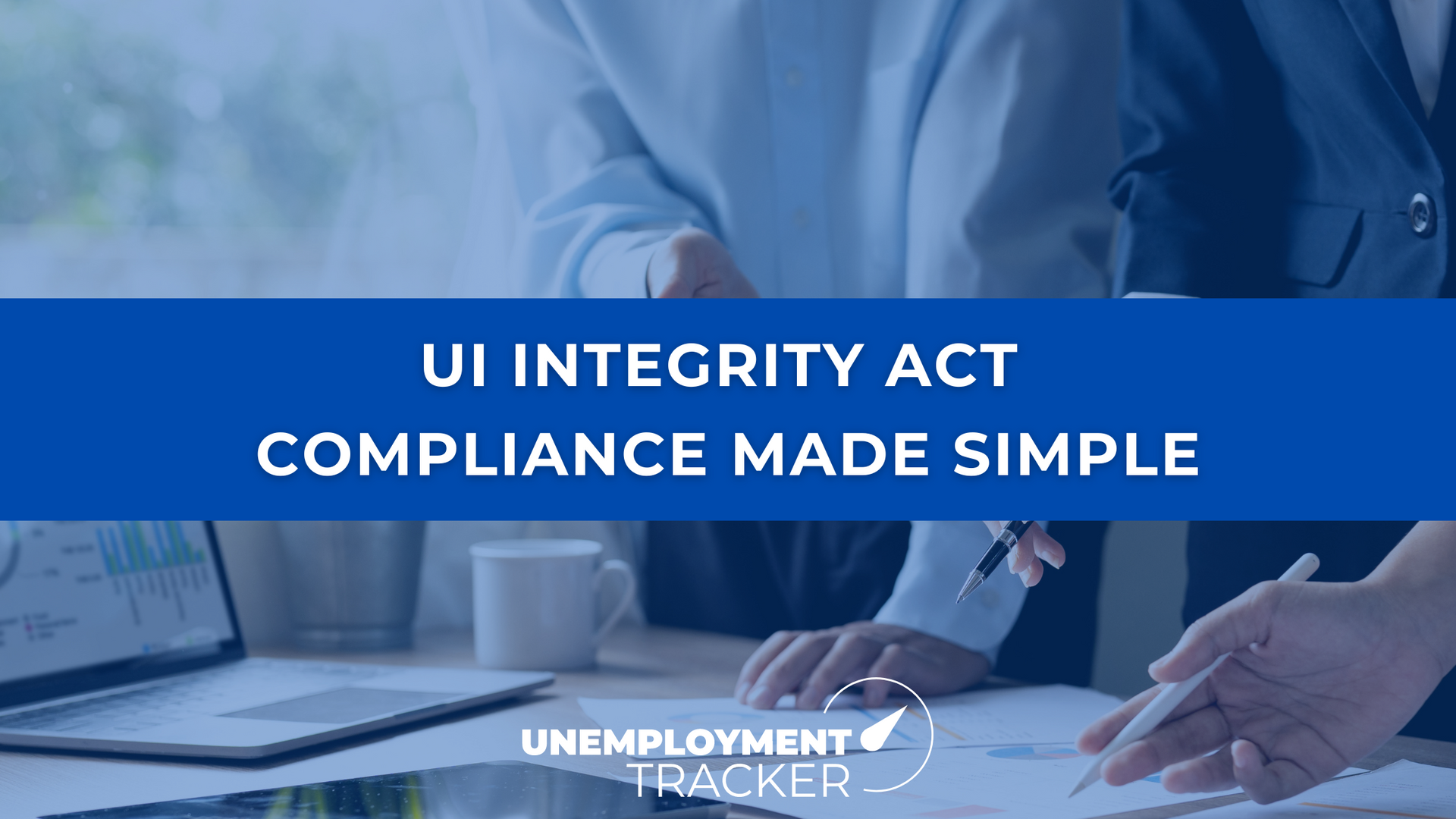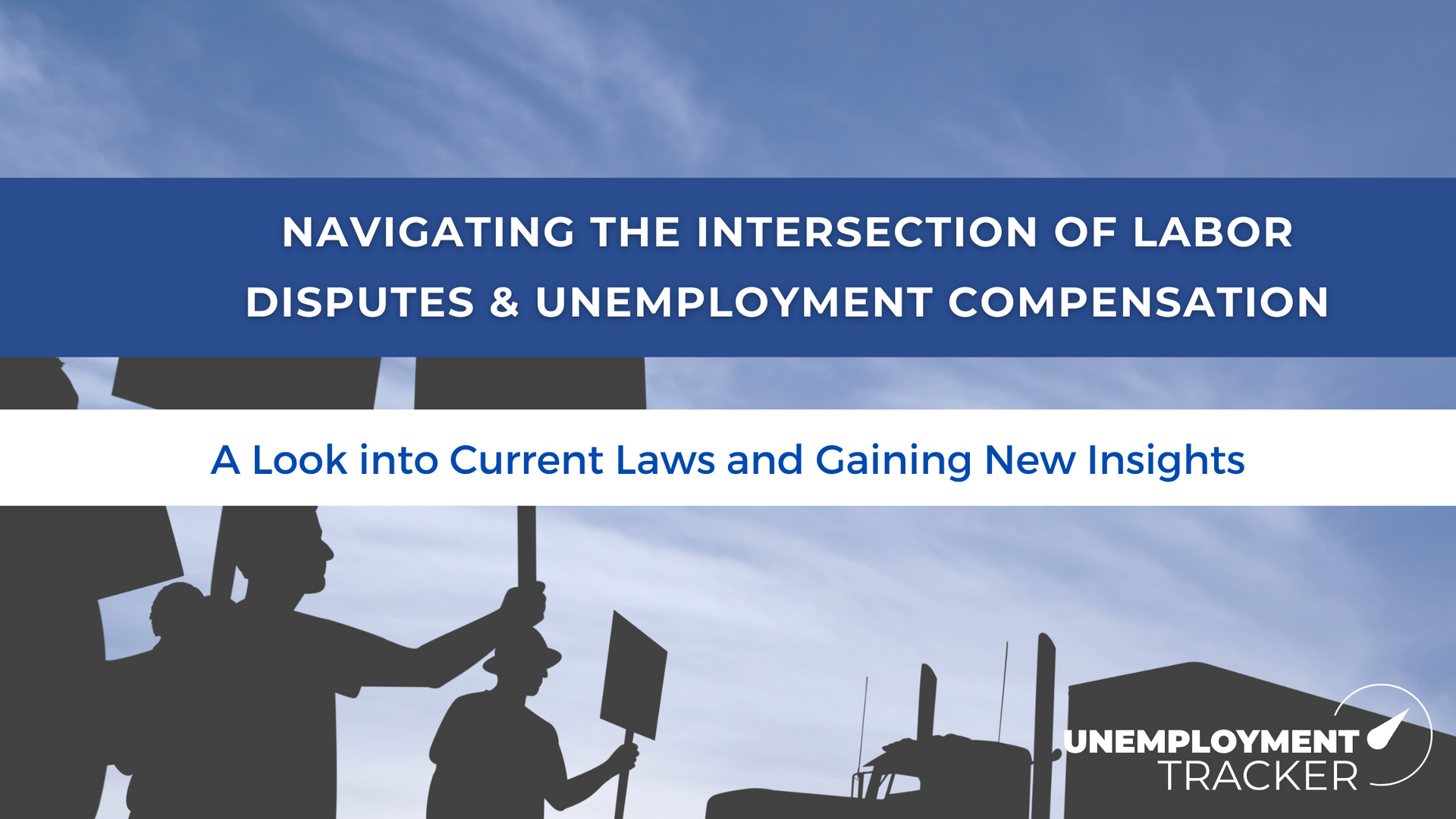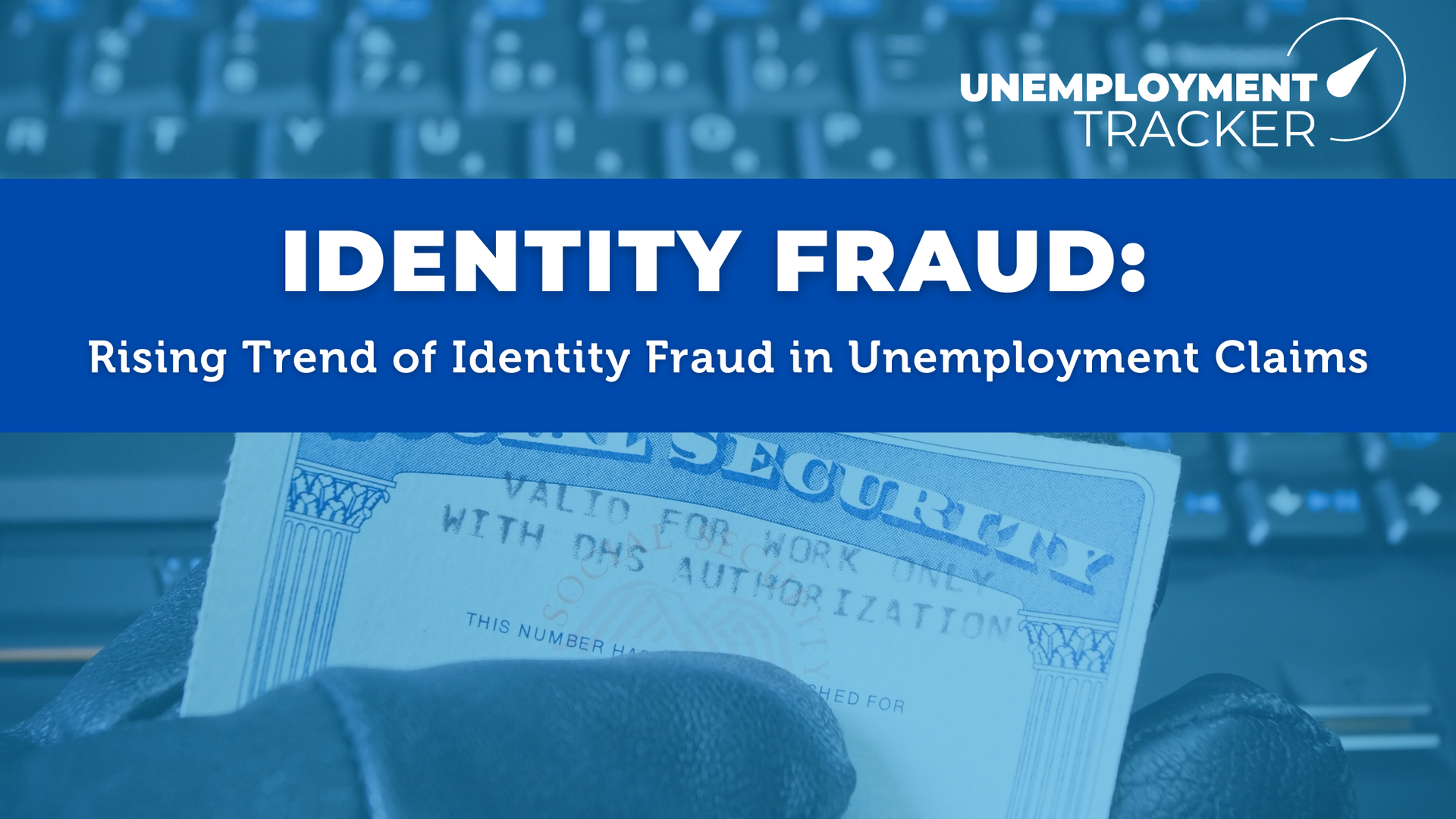UI Integrity Act Compliance Made Simple

Unemployment Insurance (UI) paperwork management might not be the most glamorous part of an HR professional's job, but it has become increasingly vital due to the Unemployment Insurance Integrity Act. Enacted in 2011 as part of the Trade Adjustment Assistance Extension Act, this legislation places significant responsibilities on employers to uphold UI integrity.
Understanding the UI Integrity Act
The UI Integrity Act was introduced to strengthen the integrity of the UI system by imposing stricter penalties on employers for shortcomings in their UI paperwork management. These shortcomings may include untimely, inadequate, or incomplete responses, or even failure to respond altogether, potentially resulting in fines and penalties enforced by the state.
Key Provisions and Implications
To comprehend the impact of the UI Integrity Act, HR professionals and business owners should be aware of the following key provisions:
- Stricter Penalties: Employers face increased penalties for late submissions and inaccuracies in their UI paperwork, creating a strong deterrent against non-compliance.
- Improved Eligibility Determination: The Act emphasizes the importance of complete and timely paperwork submission. This ensures that state agencies can accurately assess claimant eligibility for UI benefits, preventing improper payments.
- Employer Responsibility: Employers are entrusted with the responsibility of upholding unemployment insurance integrity. States have the authority to impose penalties on employers if payments were made erroneously due to inadequate or delayed responses to requests from the UI division.
Proactive Strategies for UI Integrity Act Compliance
Rapid and Accurate Responses with Complete Documentation: A key strategy for UI Integrity Act compliance is ensuring that your organization provides rapid and accurate responses to state agencies. When responding to requests related to unemployment claims, it's imperative to do so promptly and with the utmost accuracy. Complete documentation should accompany your responses to ensure that all necessary information is provided.
Easy Access to Employee Data: Compliance with the UI Integrity Act often relies on the availability of employment data. Having easy access to this information ensures that you can respond promptly to state requests, helping to prevent delays and potential compliance issues. It also streamlines the process, making it more efficient and less burdensome for your HR team.
Familiarize Yourself with State Laws: Compliance with the UI Integrity Act can vary from state to state. Therefore, it's essential for employers to familiarize themselves with their specific state laws and regulations governing unemployment claims. Understanding the nuances of your state's requirements will help you stay on top of compliance. Pay particular attention to the timing of responses and any penalties that may apply for failing to uphold the UI Integrity Act. By staying informed and aligned with state laws, you can proactively address compliance concerns and minimize the risk of penalties.
Efficiently managing UI claims can indeed pose challenges, especially with the additional responsibilities and integrity standards introduced by the UI Integrity Act. If navigating UI claims seems daunting, consider enlisting the support of an experienced third-party administrator specialized in UI management. At
Unemployment Tracker, we provide a strategic solution, not only in helping you avoid penalties and fees but also actively contributing to the integrity of the UI system.











